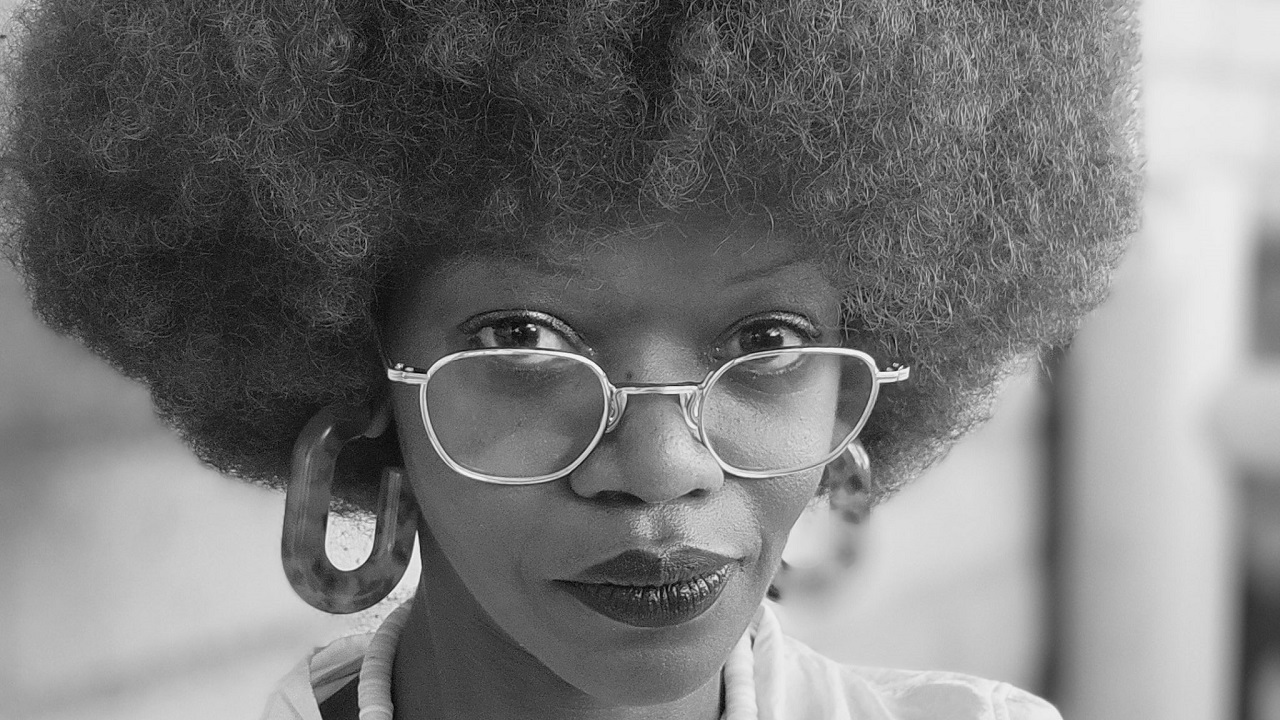
Gugulethu Moyo Quits As American Jewish Museum Boss
Zimbabwean lawyer, Gugulethu Moyo has abruptly resigned from her job as executive director of the Jewish History Museum/Holocaust History Center in Tucson, Arizona, in the United States, citing racism and sexism.
Moyo made history when she took up the position last November, becoming the first Jew of color to hold it. Her resignation on Monday capped a period of increasing acrimony between her and the Jewish History Museum’s board.
Six months after the board hired her, Moyo quit accusing it of dysfunction fueled by racism and sexism.
“I faced gender discrimination and racism, and it was a toxic environment with the board never letting me run the organization I was hired to run,” she told the Jewish Telegraphic Agency (JTA). “I was not treated as a leader.”
Her resignation came three days after the board gave her 72 hours to own up to unspecified mistakes as a condition of continuing to work together.
Moyo says she is now seeking accountability for having been overworked, underpaid, and undermined – a workplace dynamic she says resulted from ingrained prejudices against her, a Black woman, that prevailed among white male board members.
She also says in trying to improve record-keeping about donors and to properly archive oral history interviews with Holocaust survivors, she was blamed for deficiencies that existed before her arrival.
The board is threatening to sue her for allegedly leaking private information.
Moyo was last Wednesday scheduled to speak at a conference for staffers at American Jewish museums and help chart an optimistic future for the field.
She had planned to talk about how to cultivate leaders from marginalized groups in museums, drawing on her experience as the first Jew of color to head a Jewish museum, on a panel called “Space Makers and Risk Takers.”
Instead, she felt compelled to share some surprising news with her audience: She had just resigned as the executive director of Tucson’s Jewish History Museum.
“I told them, ‘I can’t talk about that because I was unable any longer to make space for me,’” Moyo told JTA.
The museum’s incoming board chairman Eric Schindler, CEO of a local social services nonprofit, rejected Moyo’s allegations of racism and sexism.
“Our organization is dedicated to justice in all aspects of its operations and community outreach,” Schindler said in a press statement issued through a public relations firm.
He declined to comment on Moyo’s performance as executive director, saying it’s a confidential personnel matter.
But on Wednesday, two days after Moyo submitted her resignation by email, the board’s attorney sent her a letter outlining several instances of what the board says constituted misconduct.
It accused her of mishandling the hiring of several employees; two employees were not added to the payroll and weren’t given tax forms to fill out.
Moyo says she had informed the board about the paperwork problem and asked for help and that she got no support addressing the “staffing crisis” she had inherited.
The letter also accused her of working to “use confidential JHM materials to pursue a negative publicity campaign,” rescinds an offer for a 90-day payout and threatens a lawsuit if Moyo does not fulfill multiple conditions, including surrendering museum communications and records.
The museum’s operations director since 2019, Moyo was selected last November to succeed an executive director who had turned the institution into an important voice in the community connecting the memory of the Holocaust to contemporary issues of injustice.
As a survivor of genocide in Zimbabwe – known as Gukurahundi – who went on to build a career as a human rights activist and lawyer on three continents, Moyo was seen not only as an impeccable hire to carry on the museum’s vision but also a bearer of racial progress for the Jewish community as many of its institutions attempt to increase their diversity.
She pledged to use her position to fight racism, especially in the wake of last year’s Black Lives Matter protests.
The board was initially her ally. Upon announcement of her hiring, Schindler praised Moyo, citing her unique background and accomplishments.
Two months later, in an extensive profile on Moyo and her vision for the museum, the president of the museum’s board, Barry Kirschner, said, “Gugu has the most remarkable biography I have ever seen in an applicant for a position.”
And when two major donors – Wayne and Amy Gould, whose family name was on the museum’s Holocaust History Center – took issue with Moyo’s approach, Schindler backed her.
In January, the Goulds demanded that their family name be removed from the Holocaust center because Moyo had refused to accept their interpretation of the center’s mission. In the wake of the murder of George Floyd, she had sought to connect historical Jewish persecution to Floyd’s death and other flashpoints of special significance to African Americans.
“The core work is to continue with the mission of the museum, which is to tell the story of Jewish experience in this particular region and also to place our history alongside the history of others, to make connections between the things we have experienced as Jews, with the experience of others in our wider community,” Moyo said in an interview around that time.
Wayne Gould told JTA he and his wife were simply asking that Moyo refrain from making political statements on behalf of the museum.
“I saw a presentation from the center about bail bonds and I’m thinking, ‘What does that have to do with Holocaust education?’” Gould said. “We donate to anything that helps educate people about the horrors of the Holocaust as long as it is apolitical.”
Source: Zimlive



